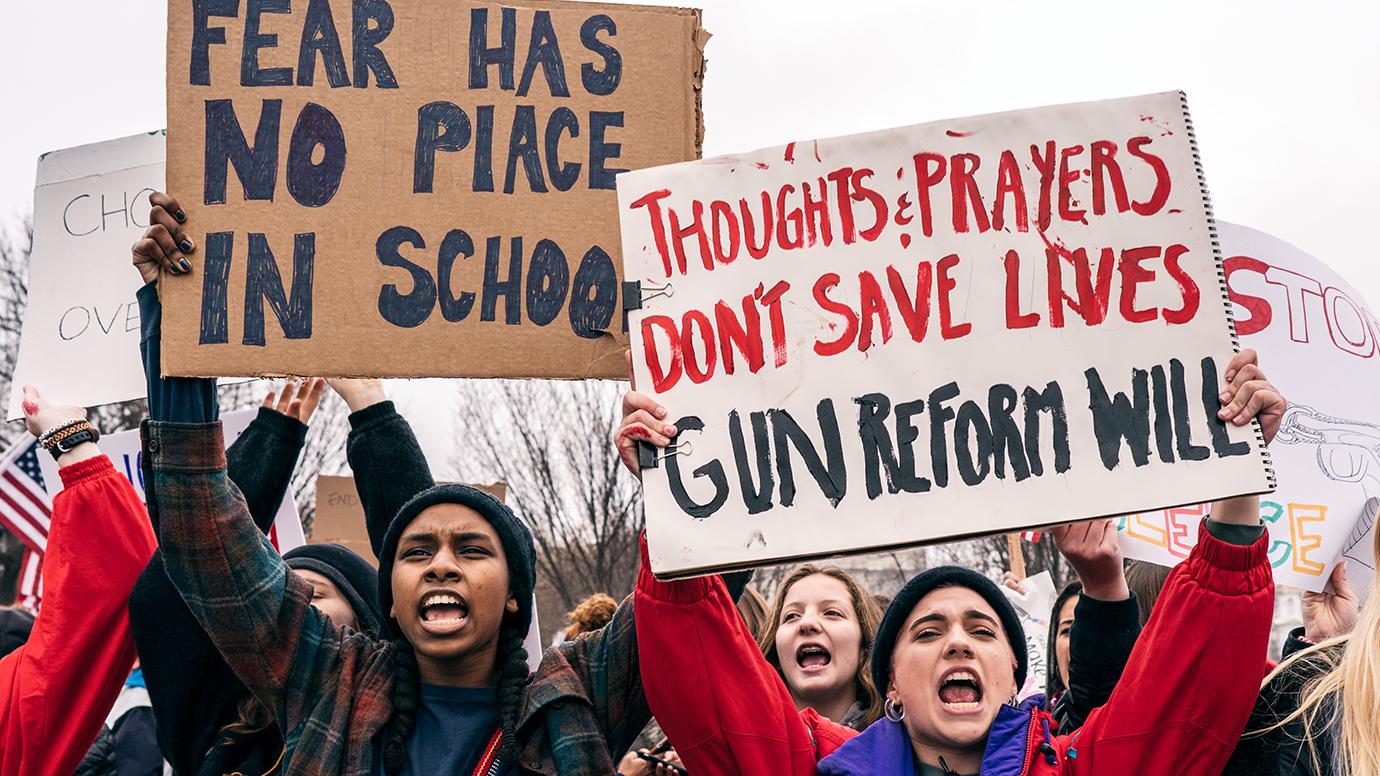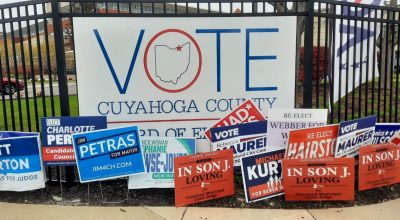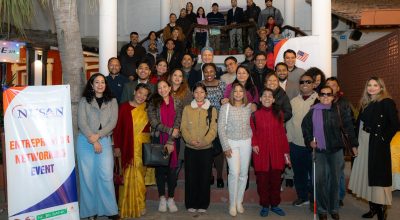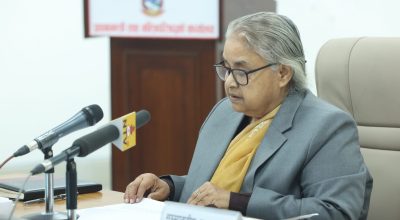
Most of US politicians, experts and policymakers reiterate that their democratic model is the best in the world and the global community is benefiting much from its political system. Gun control issues and rising crime are those issues which are making American democracy ridicule and raise questions on the strength of the American system to address these malicious issues and keep people safe. Due to the huge information flow, now global community has acknowledged that US democracy is failing to address the issues of deep internal chaos and social security problems. But interesting thing is that still US politicians and policymakers are lecturing governance models to other countries.
American gun violence has escalated to the point of a national security crisis. Thousands of Americans have been killed by weapons during the previous 20 years, and while data vary between sources, many estimates place the death toll on par with all U.S. military fatalities since the start of World War I.
Given that scenario, it pains many analysts to realize that Americans today are more likely to encounter gun violence than they would in many of the locations to which their military deployed in the name of defending the country.
For schools and communities to be safe, America as a nation must take both protective and preventive actions. There is already a tremendous amount of work being done on protection, and national security and law enforcement communities have very clear principles and even clearer responses to these types of threats. The domestic civil sector, including those who manufacture, buy, or sell firearms, has a moral responsibility to contribute to the solution. However, they are not yet effectively set up at the federal, state, and municipal levels to handle this enormous task—to safeguard the virtually infinite number of potential targets spread across American society.
Politicians’ rhetoric of concern and resentment is pointless if they don’t enact the legislation and take the steps required to safeguard Americans. America should allow this cycle to continue, and if American entire citizens as a nation are not willing to do everything in power to stop it, then shame on them.
Youth are more than just young people who commit violent gun crimes in large numbers and are frequently the victims of gun violence. Due to the widespread ease of access to guns by teenagers, ordinarily avoidable conflicts among young people have the potential to turn tragic. Both the victim’s and the shooter’s life are frequently altered irrevocably when a young person pulls the trigger.
Furthermore, due to the violent, unforeseen, and occasionally random character of gun violence, many survivors never fully recover or reach the conclusion of the healing process. It’s not enough to “get over” or “move on” from the event. Additionally, some survivors experience ongoing gun violence where they live, which causes stress in the neighborhood. Many people describe it as a lifelong journey of trauma and sadness that ebbs and flows depending on one’s lived experiences. For some, it feels like a scar that never heals.
Too many members of this generation of young Americans are being killed by guns, both as victims and as perpetrators. Young individuals who commit serious felonies and serve lengthy prison sentences as a result of making poor judgments that are made worse by having easy access to weapons are a significant loss to society. Both the years of potential life lost due to gun deaths and the potential extinguished or diminished by involvement in the criminal justice system are a burden on society.
In the United States, communities of color are disproportionately affected by gun violence. The leading cause of death for African Americans aged 15 to 34 is gun violence. Despite making up only 13% of the country’s population, African Americans account for close to 50% of all gun homicide victims.
When the shooting stops, the trauma caused by gun violence continues. One survey found that 58% of Americans said they or a loved one had experienced gun violence in their lifetime. This public health epidemic has affected people from all walks of life across the nation. Additionally, millions more people in the US experience gun violence in the form of being shot and hurt, being threatened with a gun, or witnessing an act of gun violence.
Gun violence survivors and their communities are left with long-lasting emotional, physical, legal, and financial effects. The depth and variety of the survivor experience are closely proportional to how widespread the gun violence issue is in America. Gun violence can occur in a variety of ways, including intentional and inadvertent shootings, killings and attacks with firearms, domestic violence with firearms, school shootings, police shootings, and other instances. Being a victim of gun violence can take many various forms, including witnessing an act of gun violence, receiving threats with a gun or being hurt by one, or having a loved one get hurt or killed by one.
However, due to America’s culture of silence around gun violence, they frequently fail to discuss or completely comprehend the impact on survivors’ lives. Many victims of gun violence do not obtain the resources and support they require to cope with their trauma and heal as a result of this silence. Another misconception is that those who survive gun violence “get over” it, but in reality, the effects are lasting, severe, and complex.
People who are threatened by, witness, or suffer gun violence have their lives permanently altered, and survivors continue to struggle with the trauma it caused. They contribute their compassion, bravery, and resiliency to the effort to prevent gun violence, and they challenge all to do the same. But they also find the strength to fight to save the lives of others. Society must provide survivors of gun violence with the tools they need to recover, and it must continue to give them a voice in the debate over the country’s gun laws.
In conclusion, above-mentioned reality of American society conclude that with leaving to give deliberate lectures on human rights and freedom of expression, American leadership first should work hard to make American society safe and peaceful. Until and unless, US leadership success to address domestic pertinent challenges, it will be futile to give an international lecture on good governance and political system.














